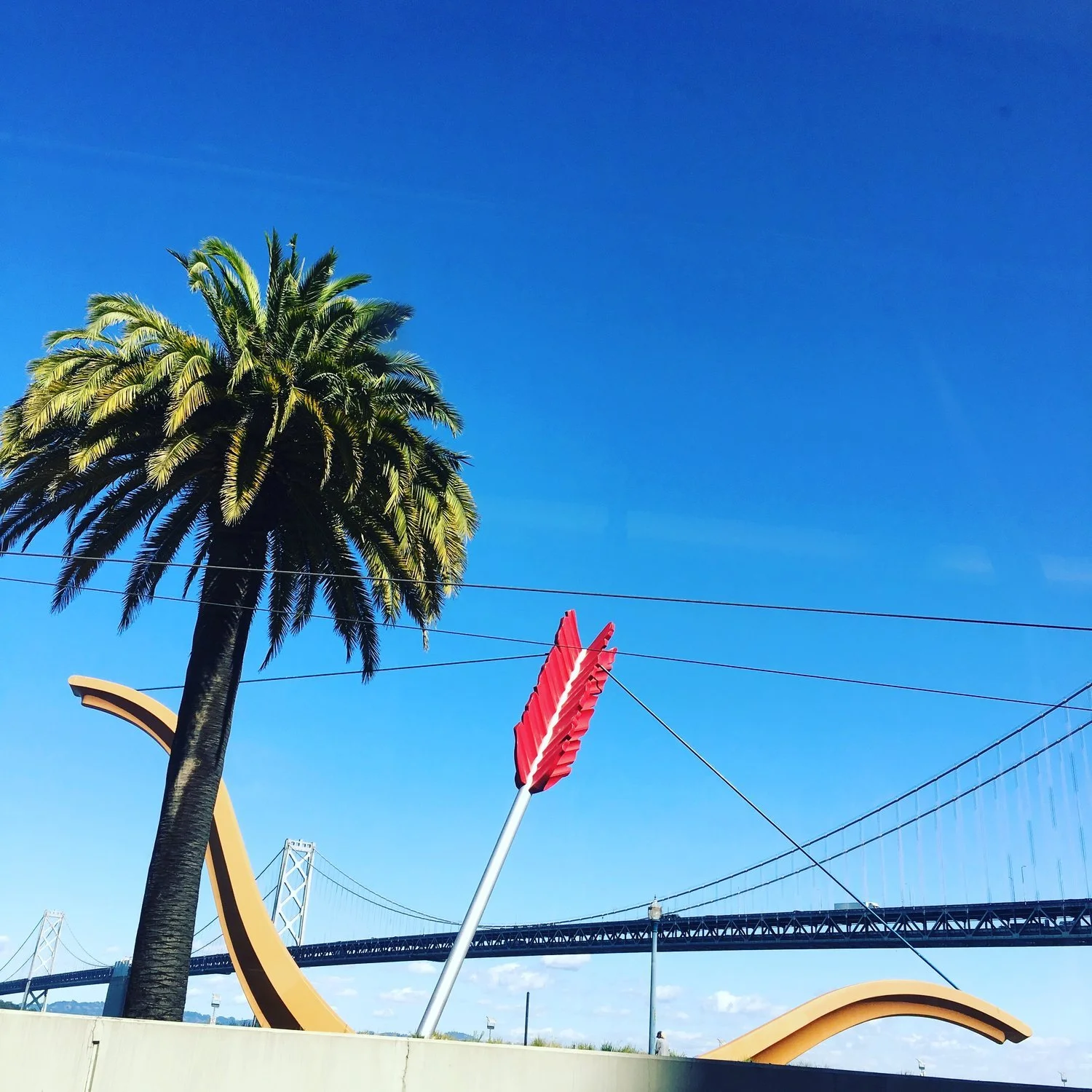What can you do about loneliness?
At one time or another, you’ve most likely experienced the pain of loneliness. You may feel completely isolated with few people in your life that you consider true friends. Or you may have a busy social life and lots of people around, but still feel like you don’t connect, like you are all alone in the world.
Loneliness vs. solitude.
I think it's helpful to differentiate between loneliness and solitude. Solitude is the experience of being happy and at peace with yourself, alone. Solitude is a positive and healthy experience and is a skill that takes practice. Identifying ways that you can be OK with being alone and trying them out can be a very healthy exercise.
But loneliness is different from solitude. It's a feeling of being disconnected from others and it's also the fear that this is how things will always be. Loneliness can feel even more intense and painful when it is accompanied by anxiety or depression. We are wired as social beings, and loneliness can be one of the most painful things we experience.
How do we get so disconnected?
There’s a lot of writing out there about how we are getting more connected digitally and less connected in real life. We commute to work alone in our cars or on a train staring at our phones. We sit in coffee shops and work out at the gym with not much more than some polite exchanges and smiles. And, while our lives are increasingly led in a digital world, these exchanges don’t always or often convert to real life, face-to-face interactions. You might find some amazing people with shared interests and you might have some really cool conversations, but you may never actually meet these people in real life.
Even if you are able to make connections with others, making real friends as an adult can be hard. Clients often tell me that they either can’t seem to make friends as adults or they can’t seem to establish deep friendships with anyone. They often mention how they are still in touch with high school and college friends and that those relationships feel deep and long-lasting. There is some logic in this - many deep and lasting friendships are forged in shared challenging environments. If you suffered through physics class with someone you had a good chance of forming a strong and lasting bond. As adults we can find ourselves in fewer of these shared challenging situations.
There is also research that shows how evolution can work against us in making connections and creating bonds. Even though we are social animals, our brains are wired to be vigilant when we are in new social situations and meeting new people. What if this person is dangerous? This means that when meeting new people we can unconsciously use more neutral or negative words and closed off body language that can be viewed as subtly unfriendly or even hostile. There are differences in the way you might answer a question asked by a new acquaintance vs. someone that you trust. This internal negative bias can have an impact on the conversation and the kind of connection that is made. Ultimately this wired neurological behavior can lead us to less satisfying long-term connections that grow into deeper relationships.*
How do you create deeper relationships?
If you want to decrease loneliness and increase connection in your life you’ll have to start with some kind of action plan to become more connected. For some it is about identifying places where you feel comfortable making contact with people. For others it is about how to deepen these connections into real relationships. Where do you get stuck? Are there small steps you can take to move you forward?
How can you create deeper relationships? Find small ways to become more authentic and vulnerable. Being willing to share someting honest about yourself allows the other person to get to know you and also invites them to do the same. It also signals that you are human and that they can let their guard down somewhat as well. Identifying situations where there are shared challenges can also be a good place to build relationships. Sports, classes and other environments where there are shared challenging situations can lead to stronger bonds.
Consider the research about our brain's wiring for vigilance. Can you explore what it would be like for you to enter social situations from a place of cautious optimism? This means taking a stance that most people will be kind and good and also want to connect. You can always bring up your defenses if something goes wrong, but you assume the best. This mindset can influence your body language, word choices, and interactions and can lead to a richer connection.
About social media.
It can be helpful to think of social media as a tool rather than a destination for connection. It’s great to meet cool people online but can you turn this connection into a real, face-to-face interaction? Can you create a meet-up? Pay attention to relationships where the majority of interaction is digital - can you move these to real life?
Loneliness is a universal experience. At one time or another we will all experience the pain of it, but the good news is that there are things you can do to increase connection and deepen relationships in your life. Changing your thoughts, identifying fun and challenging situations you can share with others, and using social media as a tool rather than a destination for relationships can all help you feel more connected.
*Masi, CM, et al. (2011) A meta-analysis of interventions to reduce loneliness. Personality and Social Psychology Review, 2011 Aug; 15(3): 10.1177. DOI#1088868310377394.

